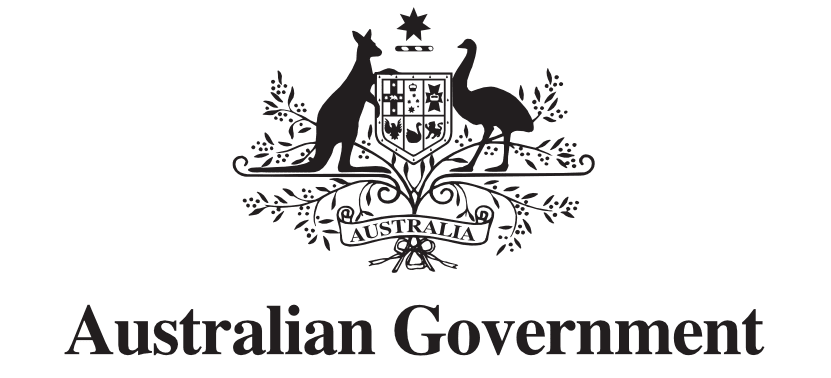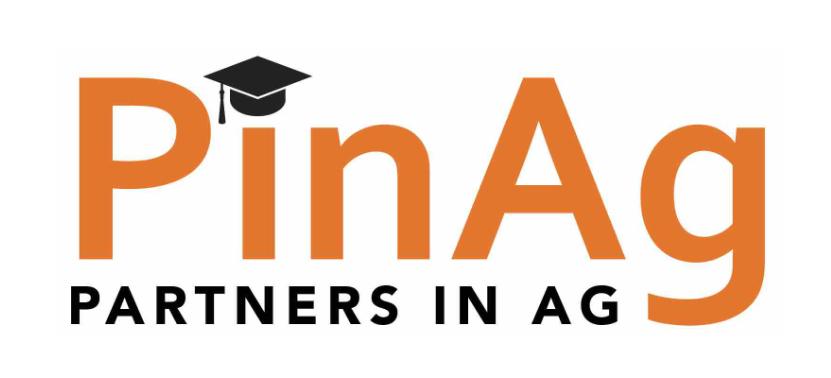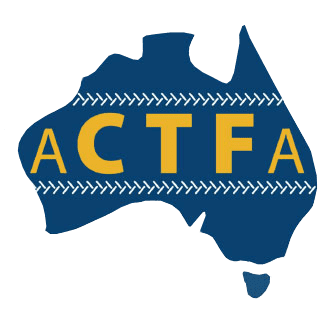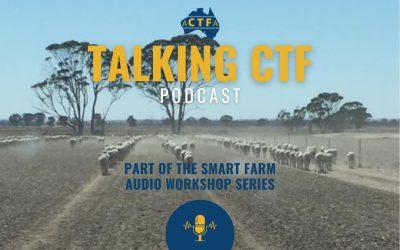The SMART FARM
AUDIO WORKSHOP
A listen as you go workshop:
Resilient mixed farming systems in Victoria and New South Wales through controlled traffic farming
This Audio Workshop takes a look at different perspectives on a a common misconception that livestock and controlled traffic farming (CTF) are not compatible.
This is not the case, the benefits of matching the widths and tracks of all cropping operations to confine compaction to permanent wheel tracks are applicable to both cropping only and mixed farming operations.
Benefits of confining compaction to permanent wheel tracks include:
- Better infiltration, aeration, soil water holding capacity = better yield & quality.
- Less run-off = less soil loss, therefore less soil, fertiliser and chemical pollution of waterways.
- More soil biota – particularly earthworms.
- Less nitrous oxide emissions and denitrification loss of soil nitrogen.
- Hard, permanent traffic lanes = less fuel and power, more timely operations.
- More timely operations and better input efficiency enable transformational agronomy that leads to better farm profitability and rural community resilience to extreme events such as droughts and floods.
Subscribe to our list
To receive our CTF newsletter, hear about new podcast episodes, conferences and other events of interest to growers, industry and academics interested in CTF make sure you've subscribed to our mailing list.
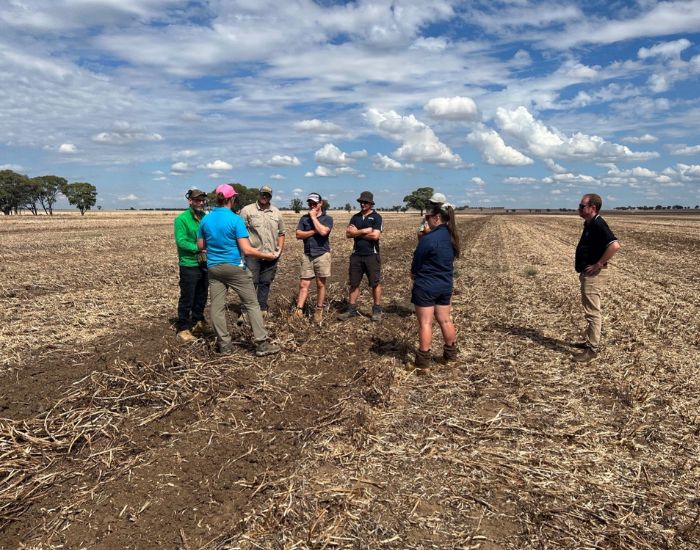
In contrast, compaction from cropping machinery will effect the soil profile to a depth of 50 cm or more, reducing plant root access to moisture and nutrients. Trampling by livestock can destroy soil pores and reduce infiltration, so grazing in any farming system, and particularly in wet clay soils, must be managed to minimise damage.
Some farmers separate their cropping and livestock enterprises so grazing occurs in areas not suited to cropping, such as rocky and hilly country, or low lying areas prone to waterlogging that might be better suited to growing pasture. Others will graze their sheep as part of a crop pasture rotation. Many CTF farmers observe that sheep often follow the firm wheel tracks and graze the chaff from the wheel track zone if it has been diverted there by the harvester.
Adopting controlled traffic can require significant changes in machinery, farm layouts and farming operations so it would be very expensive to change in one year. Most successful CTF farms have taken at least 10 years to be fully matched as they have upgraded machinery to suit the system in line with their machinery investment plan.
Subscribe to “listen as you go”
To find out when a new audio episode has been released, make sure you’ve subscribed to the ACTFA newsletter.
This podcast series will share tips and tricks from farmers, consultants, machinery technicians and researchers about how to put controlled traffic into practice. Topics include farmer case studies of CTF in mixed farming systems, machinery matching and GPS guidance systems, surface water management planning and benefits of CTF, including the potential to reduce greenhouse gas emissions.
AVAILABLE TO DOWNLOAD & LISTEN
Talking CTF: Episode 13 Optimising tyre management in CTF systems with Matt Petersen
In this episode, we talk to Matt Pederson who is the Southern Regional Manager with Australian Tyre Traders Geelong in Victoria. Matt has more than 20 years of experience working in the tyre industry around Australia in retail, wholesale and original equipment. In...
Talking CTF: Episode 12 with Dr Jeff Tullberg & Dr Chris Bluett
In this episode, we talk to Dr Jeff Tullberg and Dr Chris Bluett about the results of a five-year project titled "Application of CTF in the Low Rainfall Zone (LRZ)" funded by the Grains Research and Development Corporation (GRDC) and co-funded by participating...
Talking CTF: Episode 11 with Dr Jeff Tullberg & Dr Chris Bluett
In this episode, we talk to Dr Jeff Tullberg and Dr Chris Bluett about the results of a five-year project titled "Application of CTF in the Low Rainfall Zone (LRZ)" funded by the Grains Research and Development Corporation (GRDC) and co-funded by participating...
Talking CTF: Episode 10 with Jay Carroll, Civil and Agricultural Design
In this episode we chat with Jay Caroll at Civil Agricultural Design in Toowoomba who is an expert in drainage and surface water management. Jay explains why surface water management is important in CTF and he talks about some of the key components to consider when...
Talking CTF: Episode 9 with Josh Pearse, Vantage WA
Talking CTF: Episode 8 with Tim Rethus, Farmer
Tim Rethus is a farmer from Horsham whose family business Rethus Broadacre has run a controlled traffic farming system for more than 20 years. Tim shares with us their machinery configuration, the benefits, and the challenges of CTF. Rethus Broadacre is one of the few...
Talking CTF: Episode 7 with Dr Jeff Tullberg & Dr Dio Antille
In this episode, we chat with ACTFA board members Dr Jeff Tullberg and Dr Dio Antille about the benefits of CTF from a research perspective. Jeff is a an Australian agricultural engineer with broad experience in research, teaching, extension and consulting on...
Talking CTF: Episode 6 with Ben Beech, Farmer
Ben Beech Farms on a mixed sheep and cropping enterprise located in Frankland River down in the Great Southern of WA, northwest of Albany. Ben is a relative newcomer to CTF and in this episode he tells us about the transition to CTF and the challenges he faced. Ben...
Talking CTF: Episode 5 with Luke Clark, Farmer Jamestown South Australia
Luke Clark is a partner in a family farming business at Jamestown, in the Mid-North of South Australia. Their cropping enterprise is a full CTF zero till operation, retaining 100% of stubble to achieve constant ground coverage. There is a separate enterprise of a...
MORE EPISODES TO COME
Details to be confirmed soon
Follow the Talking CTF Podcast on Spotify
This Audio Workshop is being published on the Talking CTF Podcast on Spotify. Follow the show wherever you listen to your podcasts.
Each podcast to be added as available
For more information contact Bindi Isbister (ACTFA Chair) Bindi.Isbister@dpird.wa.gov.au
Acknowledgements
This activity was funded by ACTFA’s National Landcare Program Smart Farms Project 4-EALL5X “Resilient mixed farming systems in Victoria and New South Wales through controlled traffic farming. A workshop Series”
Thank you very much to the farmers, consultants, and researchers interviewed for sharing your experience and knowledge developing CTF systems.
Special thanks to our podcast producers Neil Butler, Podversations and Graeme Currie.
